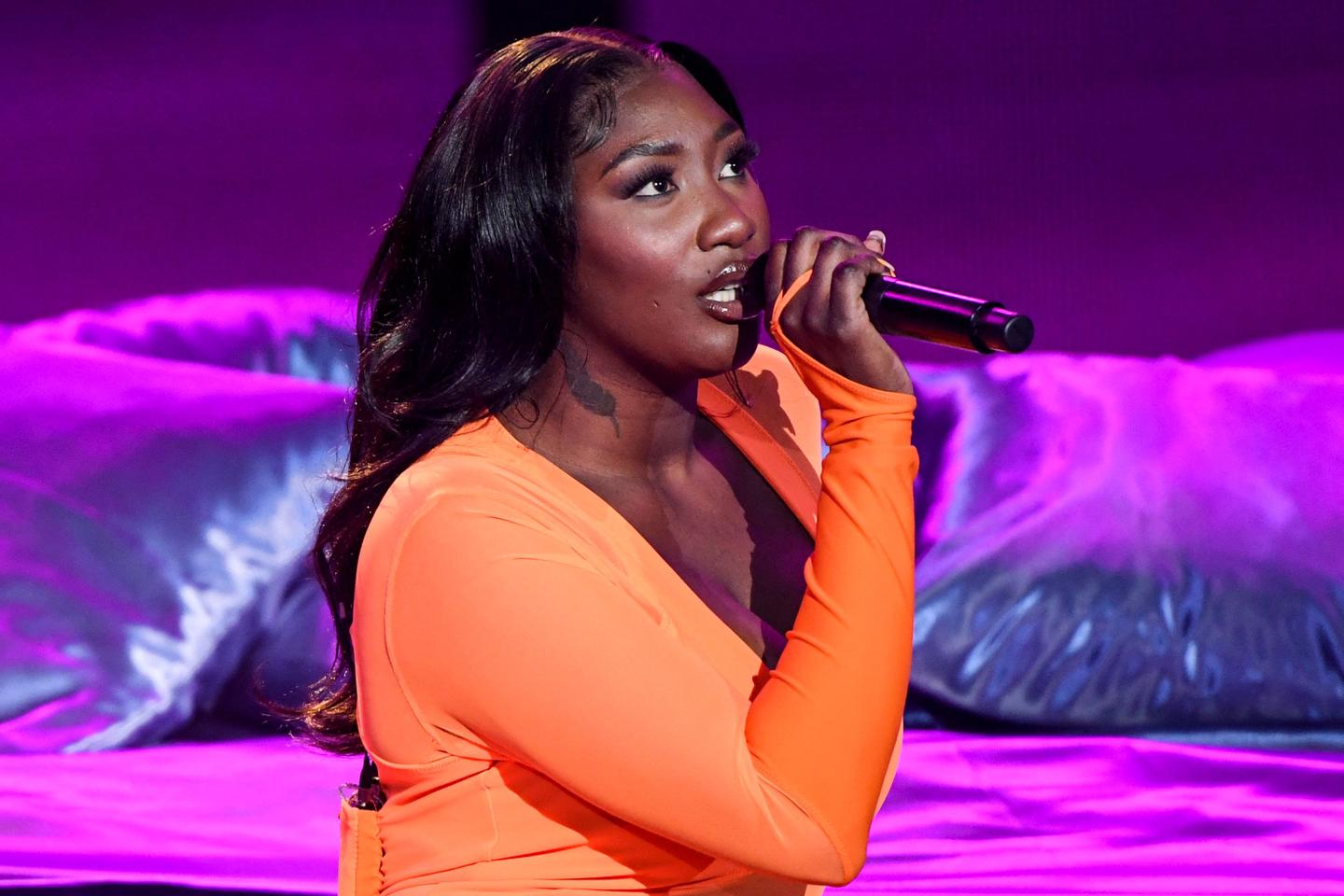


The plans for the opening ceremony of the Olympic Games in Paris on July 26 have not been without controversy. After the uproar around the dismantling of the booksellers' stalls on the banks of the Seine (eventually retracted) and then around a reduction in the audience capacity, there have now been racist attacks on the singer Aya Nakamura, one of the most listened-to French artists worldwide. According to the far right, Nakamura should not sing during the ceremony because she is from Bamako and her French is peppered with slang from her neighborhood.
Nakamura, who both wrote and sang the R'n'B hits "Djadja" and "Pookie," didn't ask for any of this: neither to sing at the ceremony, nor to interpret Édith Piaf, whose range and vocal power are the opposite of her own, full of vibes but devoid of tremolos.
It all started with a rumor, published in the weekly L'Express on February 29, that President Emmanuel Macron had invited Nakamura to the Elysée Palace to propose that she sing one of Piaf's songs.
None of the parties involved confirmed the information. Nakamura's name was then greeted with boos at a rally of Eric Zemmour's Reconquête! party and thrown to the wolves on social media when a tiny far-right group, the Natives, held a protest at which they displayed a banner that read, "There's no way, Aya. This is Paris, not the Bamako market."
This is not the first time that such groups have orchestrated actions against rap and R'n'B artists. In 2003, the Bloc Identitaire attempted to have the hip-hop band Sniper banned from concerts for its song "La France," bolstered by a complaint from the then-Minister of the Interior, Nicolas Sarkozy.
In May 2016, the website Français de Souche managed to get a Black M concert at the commemoration of the Battle of Verdun canceled. Black M, whose grandfather fought for the French Army as a Senegalese Tirailleur, has never digested this "incomprehensible and worrying" decision.
In June 2021, Jordan Bardella, then the vice president of the Rassemblement National, criticized the French Football Federation's choice of rapper Youssoupha to write Les Bleus' anthem for the European Championship, claiming that it was "giving in to the scum part of France."
No controversy over Dizzee Rascal at London Olympics
Nakamura is not an artist who can be criticized by the far right for any invectives. She doesn't talk about having a difficult relationship with France, nor does she need to "beef" with her peers to create buzz. Her songs tell of her difficult relationships with unfaithful, lying men. Her formulations, borrowed from the environment in which she grew up – the disadvantaged Paris suburb of Aulnay-sous-Bois – are the source of her charm and her worldwide success.
You have 27.5% of this article left to read. The rest is for subscribers only.
